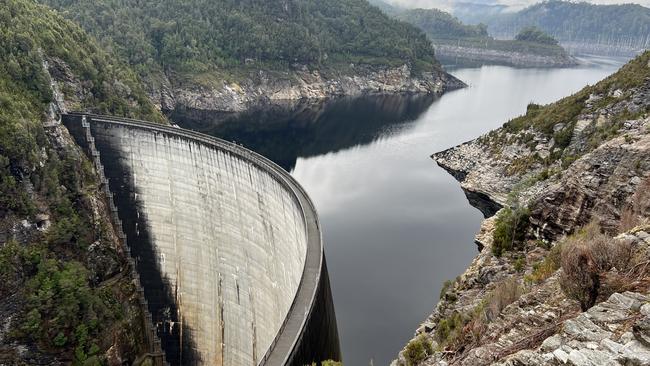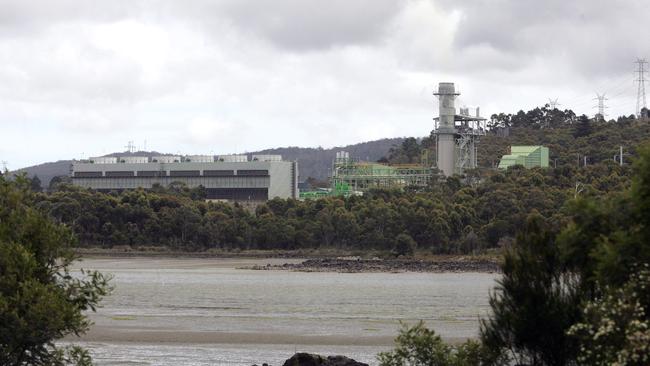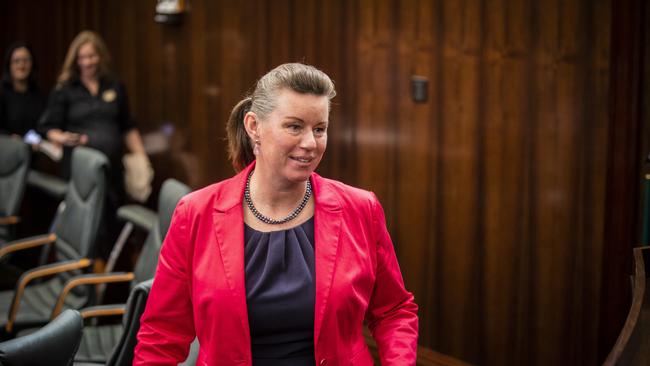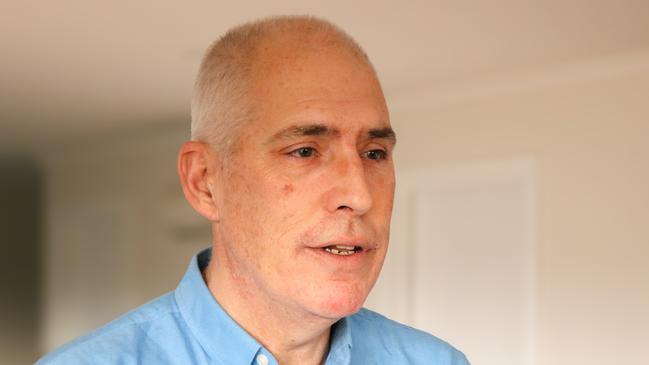Nearly one third of Tasmania’s energy came from coal and gas over past month: Labor
It’s been revealed the government has turned to coal and gas to power Tasmania over the past month. Here’s why.

Tasmania
Don't miss out on the headlines from Tasmania. Followed categories will be added to My News.
Almost one third of Tasmania’s energy came from coal and gas sources over the past month, Labor claims, as the state government concedes it is grappling with “historically dry” dam levels.
Data aggregated from the Australian Energy Market Operator, the Bureau of Meteorology, and the Australian PV Institute has revealed that 32 per cent of energy consumed in the state between June 13 and July 11 was powered by coal and gas, including imports from the mainland via the Basslink interconnector.
By comparison, 58 per cent came from hydro power, 8 per cent from wind, and just 1 per cent from rooftop solar.
It comes after the combined cycle gas turbine at the Tamar Valley Power Station was fired up for the first time in half-a-decade this year.

Tasmania’s largest hydro storage at Lake Gordon in the state’s southwest is currently 25 metres from full amid low rainfall. At the height of the energy crisis in March 2016, Gordon was 45 metres from capacity.
Opposition energy and renewables spokeswoman Janie Finlay said the island’s shortage of power was “acting as a ‘closed for business’ sign for the state”.
“[It is] risking our clean energy reputation, damaging our economy and costing our state thousands of safe, secure, well-paid jobs,” she said.

Ms Finlay said the current situation highlighted the Rockliff government’s “failure” to bring new wind generation online, with it now having been almost four years since the last wind farm was delivered in Tasmania.
“It has … meant that at least a dozen major Tasmanian businesses have been told their investments can’t proceed until new energy projects are built,” she said.
Energy Minister Nick Duigan did not deny the latest energy data but said the state was in the midst of difficult circumstances when it came to electricity generation.

“We are running the Tamar Valley Power Station for the first time in five or six years and that burns gas. And we’re doing that because there was a commercial opportunity. We wanted to make sure that the Tamar Valley Power Station would run and could run if we needed it to,” he said.
“But also it is helping us through this historically dry period. So we’ve got options, we’re fortunate. But we want to build our renewable energy sector and that’s what I’m focused on delivering.”
Mr Duigan said Tasmania was running its hydro assets “in a prudent fashion to stretch out the amount of storage that we do have”.





